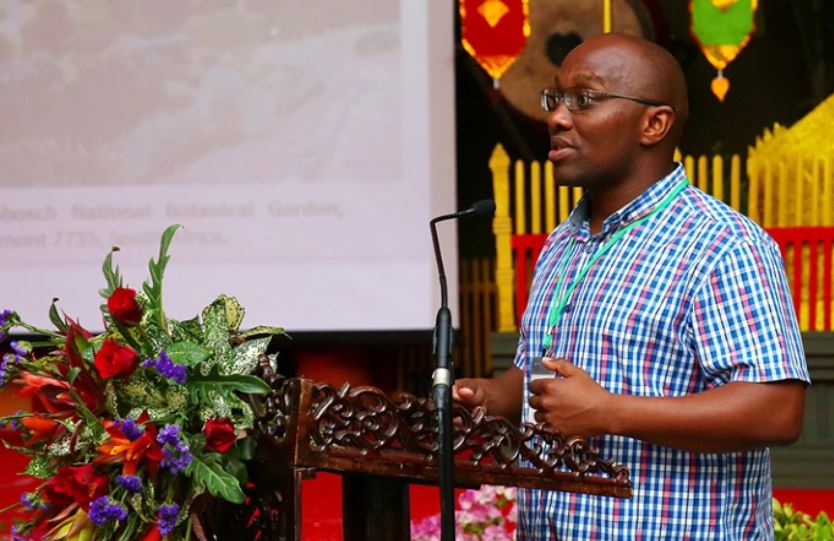For Black communities in today’s South Africa, the legacies of colonialism and apartheid still prevail, shaping social structure and limiting access to opportunities. Colonialism displaced Black South Africans from the mid-seventeenth century, eroding cultural and social systems.
From the 1950s, apartheid legalized systematic racial discrimination against disenfranchised, mainly Black, people. It limited their economic opportunities and social standing, prescribing an inferior education system to deliberately shape a poor quality of life. The policy fuelled systemic sexism, sexual-orientation discrimination, ageism, and the use of ethnicity as a divide-and-conquer strategy.
Seventy years later, even after more than 25 years of democracy following the end of apartheid in 1994, schools and suburbs are still predominantly segregated, with government funding unevenly allocated in terms of facilities and quality of education.
Former South African president Nelson Mandela once said, “In Africa there is a concept known as ubuntu — the profound sense that we are human only through the humanity of others; that if we are to accomplish anything in this world, it will in equal measure be due to the work and achievement of others.”
